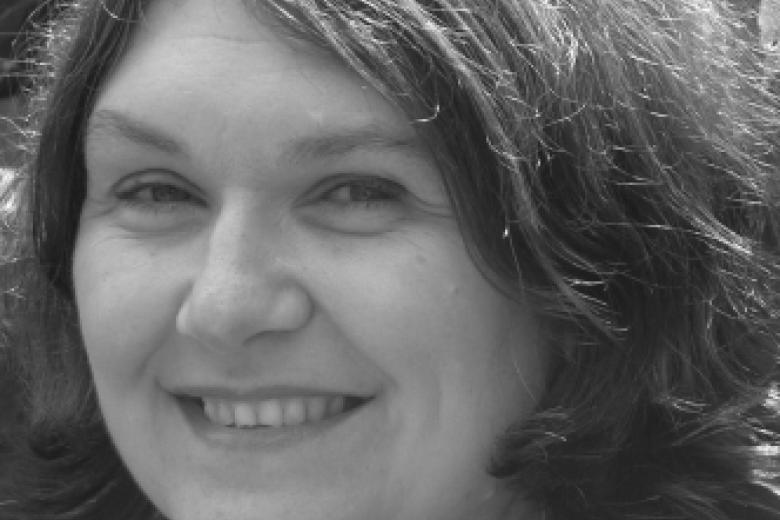Academic air travel emissions: in search of climate friendly behaviour by both staff and students
All organizations and companies that make use of air travel face the same question: in what way will they take responsibility for the use of this type of transportation? This responsibility can take shape in different measures such as the use of electronic communication services that reduce the necessity of traveling, or by taking the train for relatively short distance travelling. The most sensitive approach seems to be to choose for compensating the emissions caused by flights with greenhouse gas-emission credits produced elsewhere. If staff and students will continue to take flights, this option needs to be duly examined.
It are precisely the universities that could fulfil a leadership role in considering how to take responsibility for air travel emissions. After all, it is not an easy case and along come multiple legal questions. The first question that comes to mind is why universities – and their staff members as well as students – should consider measures in the first place since the greenhouse gas emissions caused by air traffic are already regulated by the EU. In the European emissions trading system a legally binding cap is set on the emissions caused by industry and air traffic. That cap – and therefore emissions – is reduced on an annual basis. Together with other EU installed measures this should lead to a reduction of 40% in total EU emissions by 2030. Is it needed to take extra responsibility on top of this legislative framework? In light of scientific reports on the quickly rising temperatures on earth, this question is an urgent one. In view of this, the European Commission wants to further increase the goals for 2030 – if they succeed with this plan as mentioned in the European Green Deal remains to be seen. Therefore, if a university is serious about taking responsibility for addressing climate change, it can consider to do already more than what is legally required according to EU law….
But university air traffic goes beyond EU territory. The footprint caused by transcontinental flights tends to be large. In order to control worldwide flight emissions the ICAO – the International Civil Aviation Organization – aims to (only) stabilize the worldwide air traffic emissions at the level of the year 2020. The adopted programme, named CORSIA, entails that possible extra emissions should be compensated for by financing reductions elsewhere. This can be done, for example, through the establishment of renewable energy as a replacement for fossil fuel powered electricity. How this international approach actually will take shape and what this will mean for EU legislation so far will require further research.
It seems to me that in the meantime, universities could develop a sustainable transport policy on their own within the complicated and most likely still to change national, European and international regulatory framework. A first step would be to gain insight in the total footprint of both staff and students. A second step would be to organise an advice-service to help staff and students in making their travel decisions, including information about the most sustainable travel options and regarding electronic communication options. It should be acknowledged that considerations on whether and how to travel can be quite tough and that individual circumstances – including budgets - can differ greatly. A third step would consist of making sure that emissions caused by the flights still taken will be compensated for in a responsible and sufficiently ambitious manner, especially regarding flights that are not accounted for in the EU legislative framework. But precisely the choice for the right way of compensating for international flights is a delicate issue.
The reliability of the promised compensation, and also respect for the position of citizens there where the alternative emission reductions possibly will be applied, are important items. However, a university – or universities together, in consortia - should themselves be capable of investigating good ways of emission compensation through multidisciplinary research. Consequently, the approaches that are being developed under the wings of the ICAO can then be studied critically and better alternatives, if necessary, could be suggested. It is from a university – aiming for the development of knowledge – that we may expect a strive towards optimal solutions and approaches, where a balance is sought between on the one hand the benefits of further developing an international, academic exchange – both education and research wise – and on the other hand a reduction in the negative climate impact as much as possible.
Universities should not run away from this challenge but instead they could take upon them an exemplary role in establishing projects for researching the possibilities for climate friendly behaviour by both staff and students.
| More blogs on Law Blogs Maastricht |
M. Peeters
Marjan started studying environmental law in 1987. Since then, her research has focused on understanding how a high level of environmental protection can be effectively and efficiently achieved based on the rule of law and in the context of sustainable development. Her core research focuses on the legal aspects of climate change, regulatory instruments for reducing emissions, environmental procedural rights and how law deals with uncertain risks.
